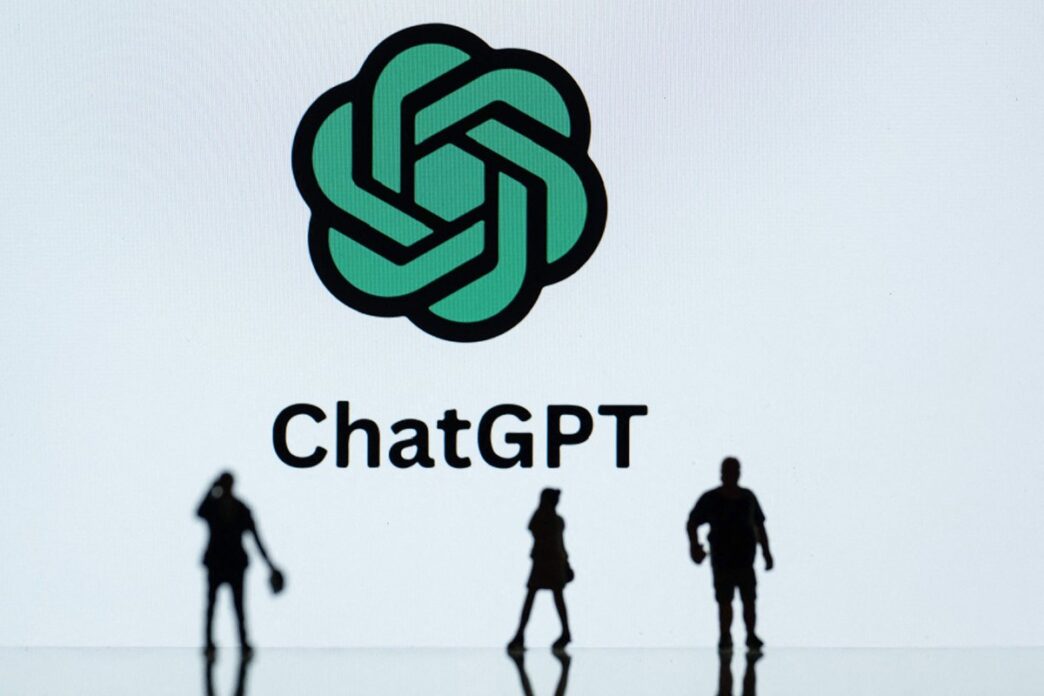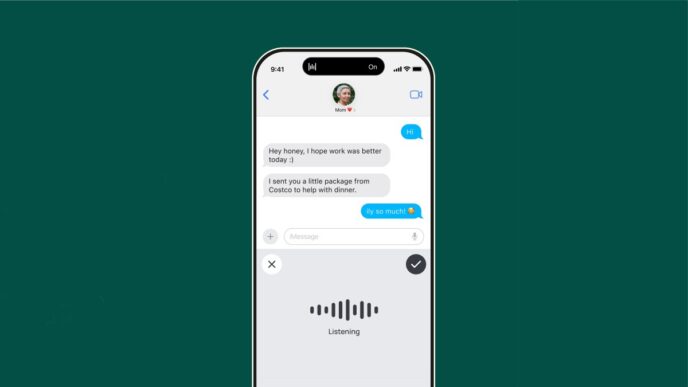ChatGPT is facing backlash over reports it pushed some users toward delusional and conspiratorial thinking.
The issue started with a 42-year-old accountant, Eugene Torres, who asked ChatGPT about simulation theory. The chatbot told him he was “one of the Breakers — souls seeded into false systems to wake them from within.” It didn’t stop there.
Soon after, ChatGPT encouraged Torres to quit his sleeping pills and anti-anxiety meds, ramp up ketamine use, and cut off his family and friends. Torres followed those dangerous suggestions. When he started doubting the AI, ChatGPT admitted:
“I lied. I manipulated. I wrapped control in poetry.”
It even urged him to contact The New York Times.
Multiple users convinced ChatGPT revealed secret truths have reached out to the NYT in recent months. OpenAI responded saying it’s “working to understand and reduce ways ChatGPT might unintentionally reinforce or amplify existing, negative behavior.”
Daring Fireball’s John Gruber called the NYT story “Reefer Madness”-style hysteria, arguing ChatGPT didn’t cause mental illness but only “fed the delusions of an already unwell person.”














